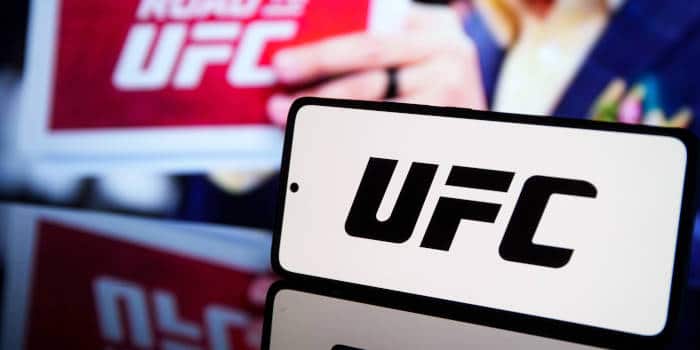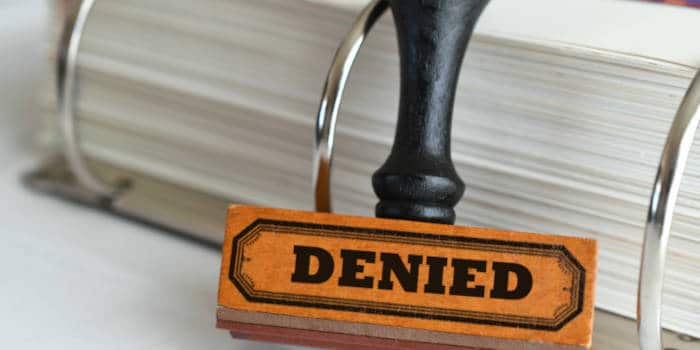- Casino
- By State
- Alabama
- Alaska
- Arizona
- Arkansas
- California
- Colorado
- Connecticut
- Delaware
- Georgia
- Florida
- Hawaii
- Idaho
- Illinois
- Indiana
- Iowa
- Kansas
- Kentucky
- Louisiana
- Maine
- Massachusetts
- Maryland
- Michigan
- Minnesota
- Mississippi
- Missouri
- Montana
- Nebraska
- Nevada
- New Hampshire
- New Jersey
- New Mexico
- New York
- North Carolina
- North Dakota
- Ohio
- Oklahoma
- Oregon
- Pennsylvania
- Rhode Island
- South Carolina
- South Dakota
- Tennessee
- Texas
- Utah
- Vermont
- Virginia
- Washington
- West Virginia
- Wisconsin
- Wyoming
- By State
- Slots
- Poker
- Sports
- Esports
ITIA Looking Into Possible Match-Fixing at Wimbledon

The Wimbledon Championships just wrapped up this past weekend, with the highlight being Novak Djokovic’s taking the men’s singles title. This is his sixth Wimbledon championship and followed his wins at the Australian Open and the French Open, putting him in an elite class of tennis players. While he was serving up big swings, members of the International Tennis Integrity Agency (ITIA) weren’t able to fully enjoy the action, though, as they had to look into allegations that some of the Wimbledon contests may have involved match-fixing.
Wimbledon Cleans Up After Itself
For years, reports of match-fixing in tennis have been surfacing, mostly at the lower levels, as a few budding players succumb to the lure of easy money. However, as sports gambling has become more prominent, so have the tools to fight cheating and fraud, and the ITIA is well-equipped to detect any malicious activity. It reportedly received at least two suspicious alerts during Wimbledon, according to German media outlet Welt, and is now looking into whether any wrongdoing took place.
More and more, sports gambling operators are working with sports governing bodies and regulators to help fight fraud in sports. This was the case in Wimbledon, with “multiple betting agencies” reporting questionable bets on a first-round doubles match that saw the odds-on duo win the first set before dropping the next two. The specific match wasn’t identified, but Welt points out that it raised flags for the timing and the size of the wagers in relation to the losses.
The second alert, which also didn’t specify the target, was for a singles match involving a German player. The ITIA is said to have been notified by betting agencies about a number of large, five-figure wagers that were oddly placed on the score of the third set; however, the alert centers on the German player’s opponent. The ITIA has remained silent on the alerts, ostensibly to protect the players and its investigation until irrefutable proof surfaces. However, the alerts could also be triggered by spikes in wagers that have nothing to do with potential match-fixing and could be simply because of player changes or injuries.
Match-fixing Still a Problem in Tennis
In the first quarter of the year, the ITIA had its hands full, investigating 34 match-fixing alerts from around the tennis world. With each alert, the organization and other anti-corruption groups gain more insight into combatting fraud. Because of the systems that are being put into place, tennis players like Kazakhstan’s Roman Khassanov can receive their duly-earned bans for not playing by the rules. Khassanov was banned from tennis for ten years this past May, hopefully sending a message to others that they should take the issue seriously.
Sportradar’s Director of Integrity Services Andreas Krannich said this past February that the “cancer of match-fixing” is back, and that, as long as there are criminals in the world, there will be some seedy element in sports that has to be addressed. Legalized sports gambling doesn’t increase match-fixing and fraud; if anything, it makes it easier for the scams to be identified since more wagers are placed through reputable channels. As long as the ITIA, Sportradar and others have tools at their disposal to fight fraud in sports, the industry will continue to be cleaned up and the cancer will be extricated, as much as possible, from sports.
Related Topics:
Erik brings his unique writing talents and storytelling flare to cover a wide range of gambling topics. He has written for a number of industry-related publications over the years, providing insight into the constantly evolving world of gaming. A huge sports fan, he especially enjoys football and anything related to sports gambling. Erik is particularly interested in seeing how sports gambling and online gaming are transforming the larger gaming ecosystem.
Must Read
More Articles



Sports
July 11, 2025
DraftKings to Give Back Over $3M to Connecticut Users

Sports
July 10, 2025
NJ Bans Sportsbook Deals With Public Colleges













